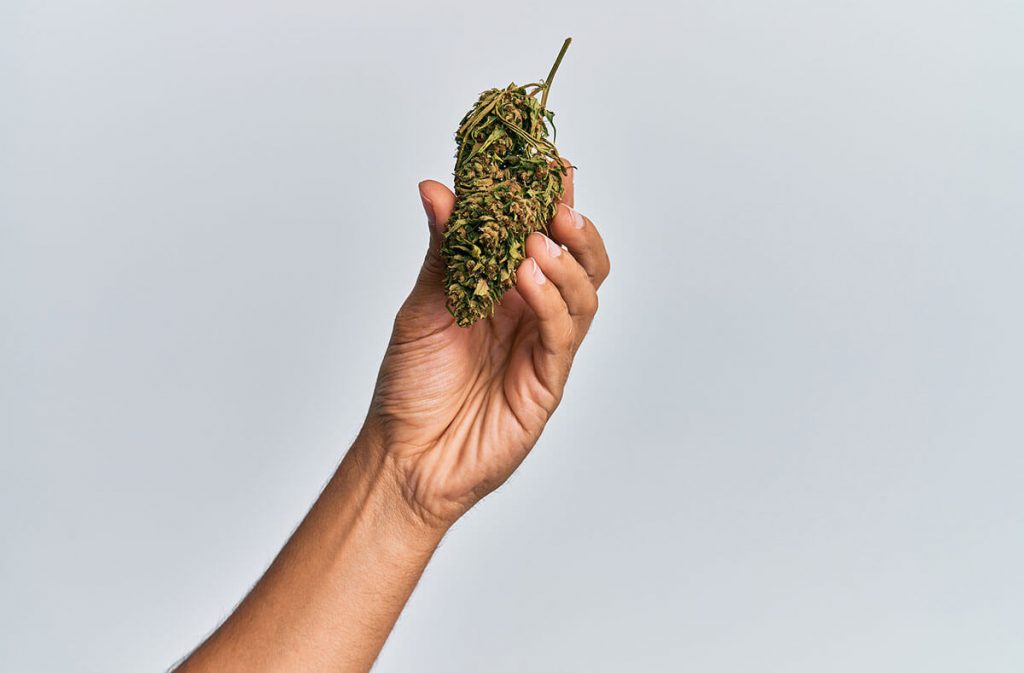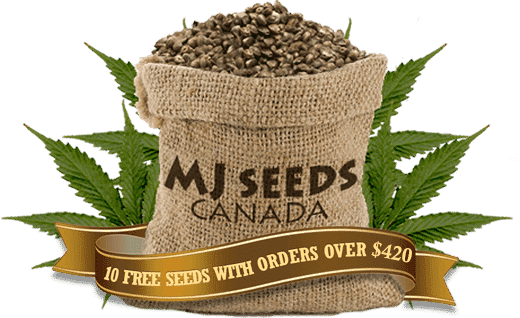
The Cannabis Act was implemented on October 17, 2018. The bill placed a strict framework in Canada for controlling marijuana, including its sale, production, distribution, and possession. The Cannabis Act aims to supersede the illegal weed market and prevent minors from accessing marijuana.
It imposes penalties for those who use youth to commit marijuana-related offenses as well as provide or sell weed to youth. Marijuana laws in Canada also aim to protect public safety and healthy by establishing a tightly structured supply chain of weed and implementing rules for adults to get quality-controlled marijuana.
Issues such as possession limits, areas where users can consume cannabis, and legal age vary from one state to another. That is why it’s important to know the cannabis laws of the state you’re visiting.
Marijuana Laws in Canada: Possession, Distribution, Sale, and Production
Marijuana laws in Canada allow adults to grow, buy, use, and possess recreational and medical cannabis. The cultivation laws and legal age differ based on the state. For instance, the minimum legal age all over Canada is 19. However, it’s different in Quebec and Alberta, where the minimum legal age is 18.
Adults are allowed to possess and share up to 30g of dried marijuana or the equivalent in fresh form in public and purchase marijuana products from a territorial or provincial retailer. They can also grow 4 cannabis plants per residence for personal consumption and seeds or seedlings must be legally acquired from legal cannabis seed banks.
Most locations allow people to have more cannabis at home, like in Manitoba, where users can have as much weed as they like. In British Columbia, users can possess 1000g of cannabis at home. According to the Cannabis Act, one gram of dried cannabis is equivalent to the following:
- 5g – fresh cannabis
- 0.25g – concentrates
- 1 plant seed
- 15g – edibles
- 70g – liquid product
Sale, distribution, production, and possession outside of what’s allowed are prohibited and subject to penalties, including 14 years of imprisonment and ticketing. The Cannabis Act also prohibits selling, labeling, or packaging of cannabis products in a manner that is attractive to the youth. Selling cannabis products through vending machines or self-service displays is also prohibited.
Promoting cannabis accessories, cannabis, or any cannabis-related accessories is not allowed unless approved under the Act. Legal cannabis products are offered at officially recognized stores. Giving marijuana to minors is also a crime.
Police are allowed to perform roadside saliva tests on drivers suspected of DUI. How they will be treated depends on the amount of THC in their blood. Drivers with 2 to 5 nanograms of THC in their blood could be fined up to $1,000. Those who were consuming cannabis and drinking alcohol simultaneously or have more than 5 nanograms of THC in their blood could face longer jail time and higher fines. Convicted individuals could be sentenced to 10 years in prison.
Service members are allowed to consume marijuana, but with limitations on consumption depending on the personnel’s duties. All personnel is allowed to use legal marijuana 8 hours before duty. Service members operating a vehicle or weapon may also use cannabis 24 hours before duty. Those who are involved in high altitude parachuting and other high-risk activities allowed to use legal marijuana 28 days prior to duty.
Cannabis Extracts, Topicals, and Edibles
Legal cannabis extracts, topicals, and edibles are sold through federally licensed medical cannabis sellers as well as territorial and provincial retailers. The packaging of these products should have an excise stamp with security features. Legal cannabis products must have a mandatory health warning message and a standardized cannabis symbol.
It’s illegal to transport any form of marijuana across international borders regardless of the reason. Those who are found guilty of violating the Canadian Cannabis Act might face the following jail time:
- 5 years – possession of cannabis over the legal limit
- 14 years – use of youth to commit cannabis-related crimes
- 14 years – production over the limit or producing weed together with combustible solvents
- 14 years – illegal distribution or sale of cannabis
- 14 years – taking cannabis across Canada’s border
Growing medical cannabis in Canada is legal if you’re registered with Health Canada or with a licensed seller or approved by a healthcare provider. States have different rules regarding marijuana use. In British Columbia, marijuana consumption is prohibited around children, in cars, and other places where smoking of tobacco is forbidden. In Prince Edward Island, marijuana users can only smoke weed at home. In Ontario, marijuana users can only consume it in private residences.
States also have different rules on marijuana transport. In Manitoba, the weed should be stored in the trunk of the car while you’re driving. In Prince Edward Island, marijuana can be transported in open packaging. However, it should be out of reach of the driver and other passengers. In Nunavut, adults can transport marijuana in their vehicle, provided that it is not easily accessed by the driver or other passengers in the car.
What About the Visitors?
Visitors are legally allowed to buy cannabis in Canada, provided that they follow all Canadian laws about consumption, sale, cultivation, and possession of marijuana. If you’re 19 years old or above, you can purchase up to 30g of cannabis and use it at home.
You can legally carry cannabis on a trip between 2 Canadian cities provided that you follow all age and possession laws. This means that you can pack marijuana in your checked bags on domestic flights or mail cannabis from one Canadian city to another.
However, it is also important to note that Canada’s marijuana laws apply only to the country. It’s illegal to transport cannabis from Canada to other countries where weed is prohibited. Canadians who had a history of consuming marijuana at the border could be denied entry to the U.S.
Conclusion
Canada allows adults to possess 30g of dried weed or the equivalent. Possession limits, legal age, and places where you can use cannabis differ from one state to another, so it’s best that you learn the marijuana laws in Canada before you travel. Follow the laws in the territory or province that you’re traveling to.




